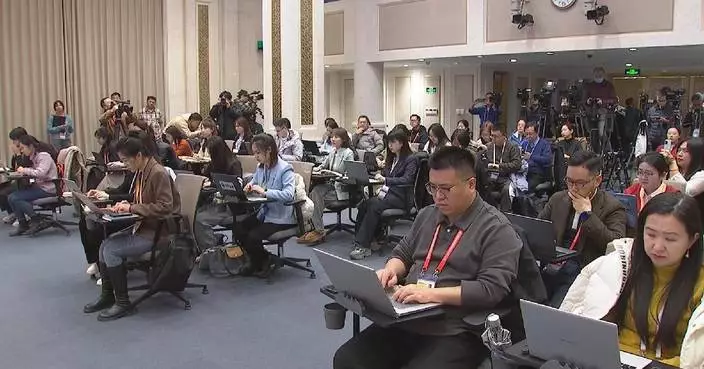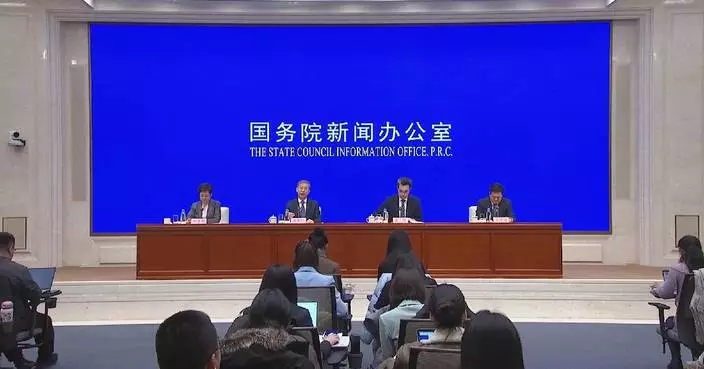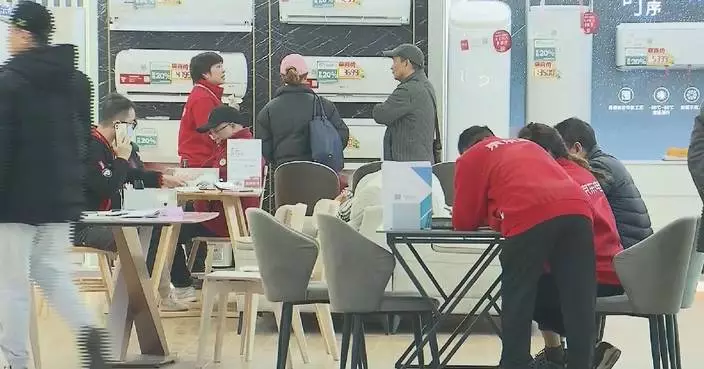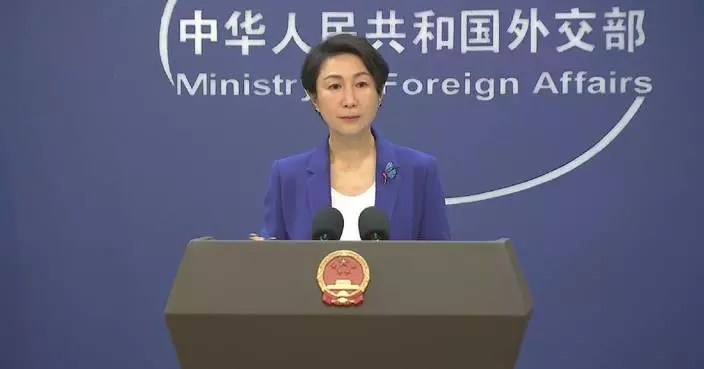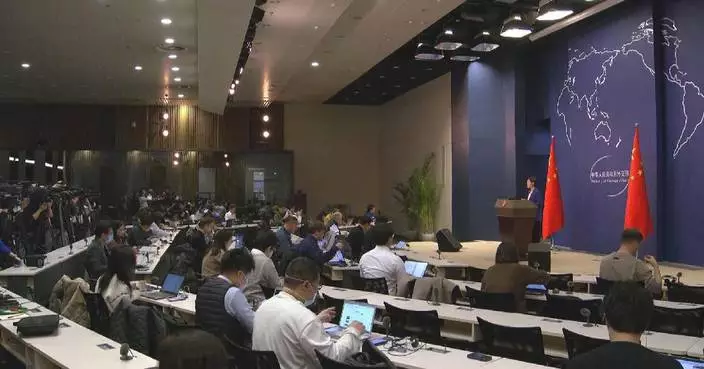Family members of Filipino "comfort women" victims held a protest on Roxas Boulevard in Manila on Wednesday, demanding that the Japanese government apologize for the wartime atrocities committed against their loved ones.
In 2012, the day of Aug 14 was designated the International Memorial Day for "Comfort Women" by the 11th Asian Alliance Conference for "Comfort Women."
This year, on the somber date, victims' family members carried photos of their deceased relatives, calling for justice for the "Lolas," a Tagalog word that means grandmother, referring to the elderly women who were forced into sexual slavery by Japanese troops during World War II.
"Our demand remains as justice should be rendered in the form of an official public apology from the Japanese government, and second the official reparations that should have been paid a long time ago by the Japanese government," said Sharon Silva, coordinator of non-profit organization "Lila Pilipina" (League of Filipino Grandmother).
During the Japanese occupation of the Philippines, more than 1,000 women were forcibly recruited as "comfort women." Today, only a handful of aging Filipino survivors remain, having never received a formal apology from the Japanese government. Even local comfort women memorial statues have been removed under pressure from Japan.
The victims' families cried out that the crimes committed by Japan during WWII must not be forgotten, and the horrors of war should never be borne again.

Families of "comfort women" victims demand formal apology from Japanese government
China remains resolute in its pursuit of the dual-carbon goals of carbon peaking and carbon neutrality, positioning the green transition as a core driver of high-quality development, according to Zhao Chenxin, vice chairman of the National Development and Reform Commission.
Speaking at a press conference on Friday in Beijing, Zhao outlined significant achievements in 2024 and provided a roadmap for 2025, which includes advancing carbon reduction initiatives, strengthening green industries, and enhancing ecological protection efforts.
"We've rolled out guidelines for accelerating the green transformation of our economy and society and advancing nearly 200 specific initiatives. We've also released a catalog of industries supporting this transition, promoting 112 green technologies and 47 advanced low-carbon projects. We've developed a two-year action plan for energy conservation and carbon reduction, along with seven sector-specific plans, achieving significant progress. It is predicted that we reduced energy consumption intensity by over 3 percent last year, surpassing our targets. Additionally, we’ve implemented 194 national standards in the 'dual-carbon' field and supporting local governments in establishing carbon emission budget systems," Zhao said.
Zhao also emphasized that efforts in resource conservation and ecological protection continued to gain momentum.
"We've rolled out policies on promoting food conservation, reducing food waste, developing water-saving industries, and encouraging waste recycling. More than 60 billion yuan (about 8.2 billion U.S. dollars) of government funding has been allocated to enhance environmental infrastructure and support major ecosystem protection and restoration projects, including the 'Three-North Shelterbelt Forest Program'. Additionally, we've formulated the Ecological Protection Compensation Regulations, and increased the annual funding of central and local governments to nearly 300 billion yuan (over 41 billion U.S. dollars)," Zhao added.
In addition, significant attention was given to programs aimed at large-scale equipment upgrades and consumer goods trade-ins.
"In 2024, we allocated 300 billion yuan in ultra-long-term special treasury bonds to support large-scale equipment upgrades and consumer goods trade-in programs. In the first 11 months of the year, national investment in equipment and tool procurement rose 15.8 percent year on year, contributing 65.3 percent to overall investment growth. Through the trade-in program, over 60 percent of consumers chose new energy vehicles, driving the domestic penetration rate of new energy passenger cars to over 50 percent for six consecutive months," Zhao explained.
Looking ahead, China will mark two major milestones in 2025 - the 20th anniversary of Chinese President Xi Jinping introducing the concept that 'lucid waters and lush mountains are invaluable assets,' and the fifth year since China announced its dual-carbon goals.
Zhao said that the commission will continue to work with relevant stakeholders and prioritize these efforts by advancing carbon reduction, pollution control, green growth, and ecological expansion, while accelerating the comprehensive green transformation of the economy and society.
"We will actively plan the carbon peaking initiatives for the 15th Five-Year Plan (2026-2030), develop integrated evaluation and assessment methods, advance national carbon peaking pilot projects, and accelerate the building of zero-carbon industrial parks. We will further strengthen fiscal, financial, investment, and pricing policies and standards to foster the healthy development of green and low-carbon industries," Zhao stated.
"We will continue to enhance environmental infrastructure, implement major ecosystem protection and restoration projects, and explore mechanisms to realize the value of ecological products. We will work to achieve greater results in promoting the programs of large-scale equipment upgrades and consumer goods trade-in, so as to increase funding, broaden coverage, optimize the implementation of the policies, and amplify their leverage effects in 2025," Zhao concluded.
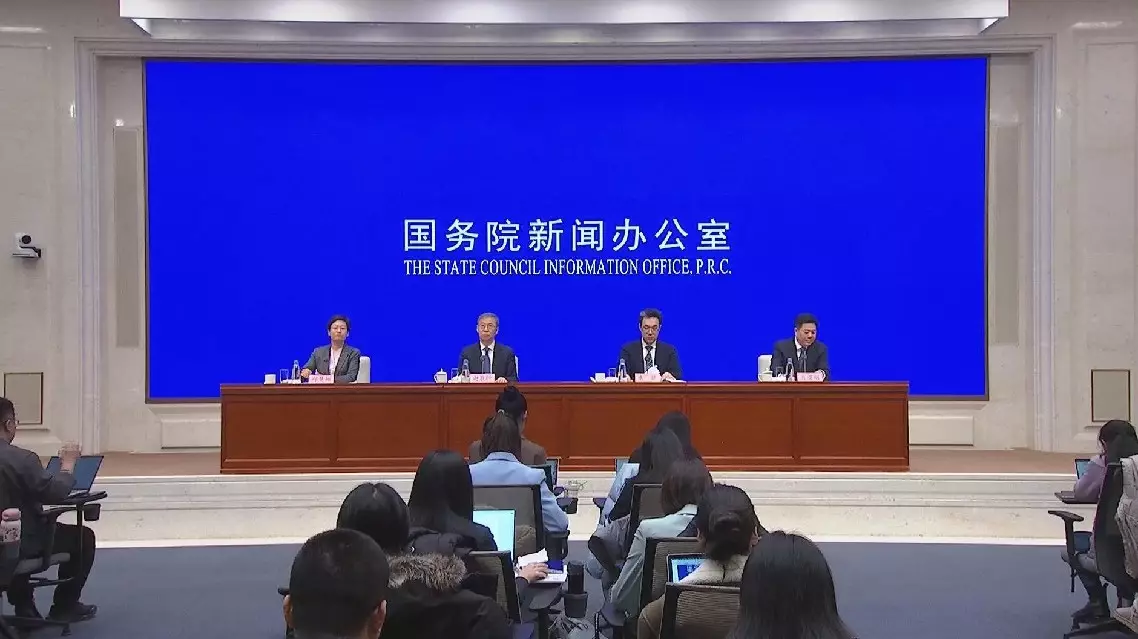
China reaffirms commitment to green transition and dual-carbon goals: NDRC






